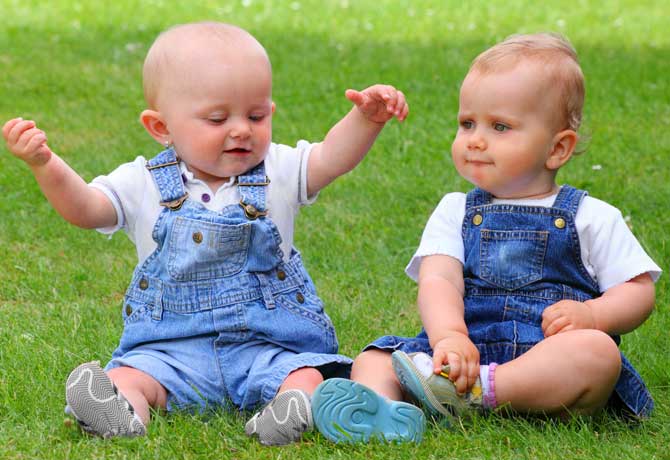Why Do People Stutter? How To Stop Stuttering In Your Child
When does it start and what does it look like?
Stuttering typically begins between the ages of two and four years of age. Stuttering includes repetition of sounds, words and phrases, stretching or exaggerating sounds, silent pauses with no sound, and excessive use of uhm, ah, and other non-word syllables. Some children present with visible tension in the muscles of the face and neck, and unusual movements of other body parts.
What causes stuttering?
Although the exact causes of stuttering are unknown, research suggests that the condition is caused by a complex interaction between a person’ physical make-up and his or her environments.
“There are four factors most likely to contribute to the development of stuttering: genetics (approximately 60% of those who stutter have a family member who does also); child development (children with other speech and language problems or developmental delays are more likely to stutter); neurophysiology (recent neurological research has shown that people who stutter process speech and language slightly differently than those who do not stutter); and family dynamics (high expectations and fast-paced lifestyles can contribute to stuttering).” (http://www.stutteringhelp.org/faq)
One percent of all children develop stuttering.
About five percent of children have a period of non-fluent speech for several months in early childhood often due to a rapid growth in language development. In four out of five cases, the stuttering disappears and the children develop normal speech. One percent of all children develop stuttering. Stuttering is quite inconsistent and can vary by situation or emotional state. People often stutter more when excited, tired, anxious or hurried.
Try not to draw too much attention to dysfluencies as we don’t want to make your child embarrassed or self-conscious.
Is speech therapy for kids needed? How you can help:
If your preschooler has recently started repeating some words, do not panic. It is likely that his/her vocabulary is rapidly developing. If his/her stuttering continues for more than a few weeks, it gets worse or he/she becomes self-conscious then seek support from a Speech-Language Pathologist. In the meantime, try not to draw too much attention to dysfluencies as we don’t want to make your child embarrassed or self-conscious.
If your child is four years of age or older it is best to speak to a Speech-Language Pathologist right away to seek advice and support. Early intervention is important for greatest success.
In the meantime try the following 5 tips:
- Speak with your child in an unhurried way, pausing frequently. Modelling slow and relaxed speech will be more effective than criticism or advice such as “slow down” or “try it again slowly.”
- Reduce the number of questions you ask your child. Try using comments rather than asking multiple questions.
- Use your facial expressions and gestures to show your child they have your attention and you are listening to what they are saying and not how he/she is saying it.
- Set aside a few minutes at a regular time each day when you can give your child your undivided attention.
- Help all family members learn to take turns talking and listening. Children who stutter find it much easier to talk when they know they will not be interrupted or rushed.
If you would have more questions or would like some support, our professional and engaging In-Home Speech Therapists can help. www.speechkids.ca 1 844 804 5437 info@speechkids.ca
1. Stuttering typically begins between the ages of two and four years of age
2. People often stutter more when excited, tired, anxious or hurried.
3. Modelling slow and relaxed speech will be more effective than criticism or advice such as “slow down” or “try it again slowly.”
4. Stuttering usually begin between the ages of two and four.
5. Although the exact causes of stuttering are unknown, research suggests that the condition is caused by a complex interaction between a person’ physical make-up and his or her environments.











